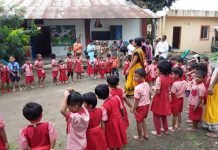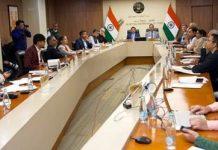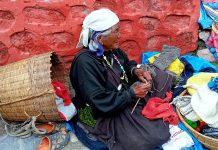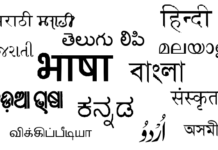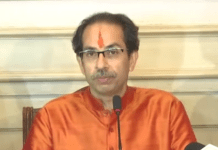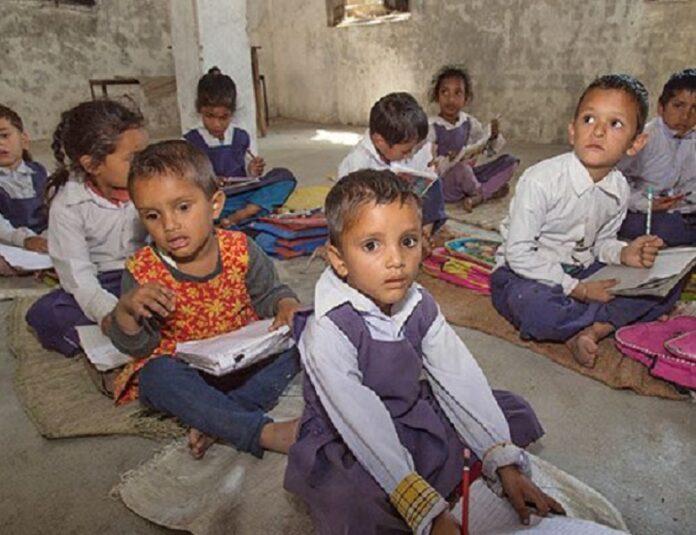This year’s Nobel prize in Economics recognises contributions by Abhijit Banerjee, Esther Duflo and Michael Kremer in introducing a new approach to obtaining reliable answers about the best ways to fight global poverty. Their social experiment-based approach has played significant role in poverty reduction.
In his book The End of Poverty Jeffrey Sachs argued for development aid. He was for planned development aid to poor countries to help them reach the ladder of economic development following which global market economy would take over. Basically, this meant handing over a lot of money and the money will help the poor in the nations.
Whether the development aid worked in alleviating poverty? Apparently, the answer seems to be mixed. There have been significant improvements however fighting poverty still is the topmost priority of the government. So, the shift from ‘’Whether Aid Works’’ to ‘’What Works’’ in poverty reduction. What are the best ways?
This year’s Nobel prize in Economics recognises contributions by Abhijit Banerjee, Esther Duflo and Michael Kremer in introducing a new approach to obtaining reliable answers about the best ways to fight global poverty. Their social experiment-based approach has played significant role in poverty reduction.
The key thing is how the poverty is understood. Poverty is not merely about not having money. Poverty is about living a life not to its full potential. It has a number of facets like lack of education, lack of health, lack of the ability to realize oneself as individual etc. So, the big issue of poverty is composed of these smaller components. Coming out with effective interventions for these smaller, more manageable, components holds the key to poverty reduction for example, the most effective interventions for improving educational outcomes or child health. They have used experimental research methods in the community to test a range of interventions. The experimental technique of randomised control trials (RCT) often used in clinical sciences for identifying effective treatment interventions is used here for identifying effective poverty reduction intervention.
***


